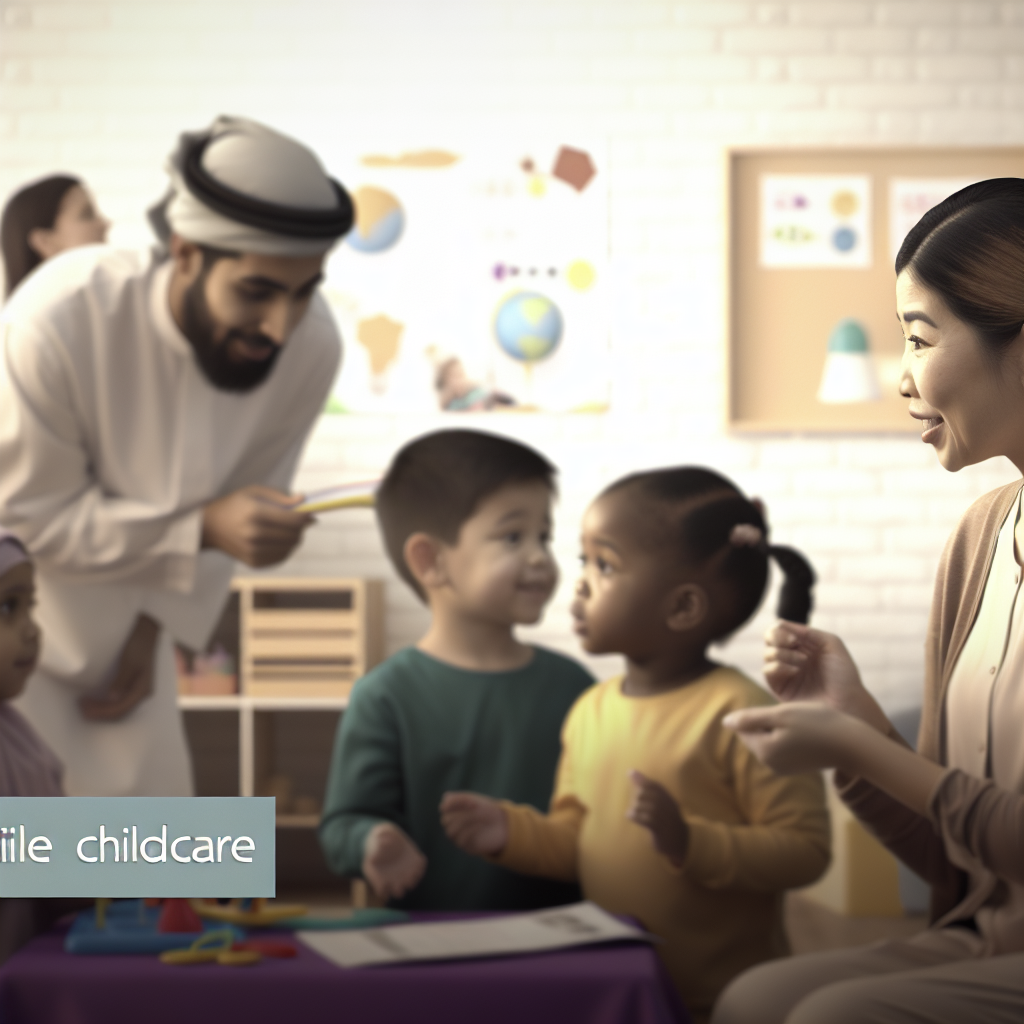
Childcare is a vital service that supports the growth and development of children while enabling parents to balance work and family life. This article delves into the significance of quality childcare, explores various options available, and provides guidance on selecting the right provider. By understanding these aspects, parents can make informed decisions that foster their child’s well-being and long-term success.
The Importance of Childcare in Child Development
Quality childcare plays a crucial role in a child’s early development, influencing cognitive, social, and emotional growth. From as early as three months, children in professional care settings benefit from structured activities that promote age-appropriate learning. Research shows that high-quality early childcare can lead to better educational outcomes, with children developing stronger language skills, problem-solving abilities, and social interactions. For instance, caregivers trained in child development create environments where kids engage in play-based learning, which is essential for brain development. Moreover, childcare helps children from diverse backgrounds retain their cultural identities while exposing them to new ones, fostering inclusivity. However, the absence of quality care can result in developmental delays, highlighting why investing in certified providers is paramount for long-term societal benefits, including increased parental workforce participation, especially among mothers.
Exploring Different Types of Childcare Options
Building on the foundational role of childcare, parents have several options to choose from, each tailored to different needs and lifestyles. Center-based childcare, such as daycares and preschools, offers a structured environment with professional staff who are often CPR-certified and trained in early education. These facilities emphasize group activities that enhance social skills, though they may involve higher costs and less individualized attention. In contrast, home-based care, like nannies or au pairs, provides personalized supervision in the child’s own home, fostering strong bonds but requiring thorough background checks by parents since licensing isn’t always mandatory. Family daycare, where a provider cares for small groups in their home, combines affordability with a homely feel. Additionally, informal arrangements, such as care by extended family or childcare swaps, offer flexibility but may lack the professional oversight of formal settings. Each type impacts child development differently, with center-based options often excelling in educational preparation.
Factors to Consider When Choosing Childcare
Once familiar with the types, selecting the right childcare involves evaluating key factors to ensure it aligns with your family’s needs. Start with safety and qualifications: Verify certifications, background checks, and first-aid training to protect your child. Consider the caregiver-to-child ratio for adequate attention, as lower ratios in centers promote better interactions. Cost is another critical element; while in-home care might be pricier, subsidies or tax credits can make options more accessible, particularly for low-income families. Location and hours should match your schedule, and visiting facilities to observe daily routines helps gauge the environment’s quality. Cultural compatibility is vital too—ensure the provider respects your family’s traditions. Finally, seek references and reviews to assess reliability. By weighing these, parents can choose a setting that not only meets immediate needs but also supports ongoing child development and parental peace of mind.
In summary, childcare is essential for child development, offering various options from center-based to in-home care, each with unique benefits and considerations. By prioritizing quality, safety, and fit, parents can enhance their child’s growth while supporting family dynamics. Ultimately, investing in reliable childcare empowers families, boosts economies, and nurtures future generations—encouraging proactive choices for optimal outcomes.